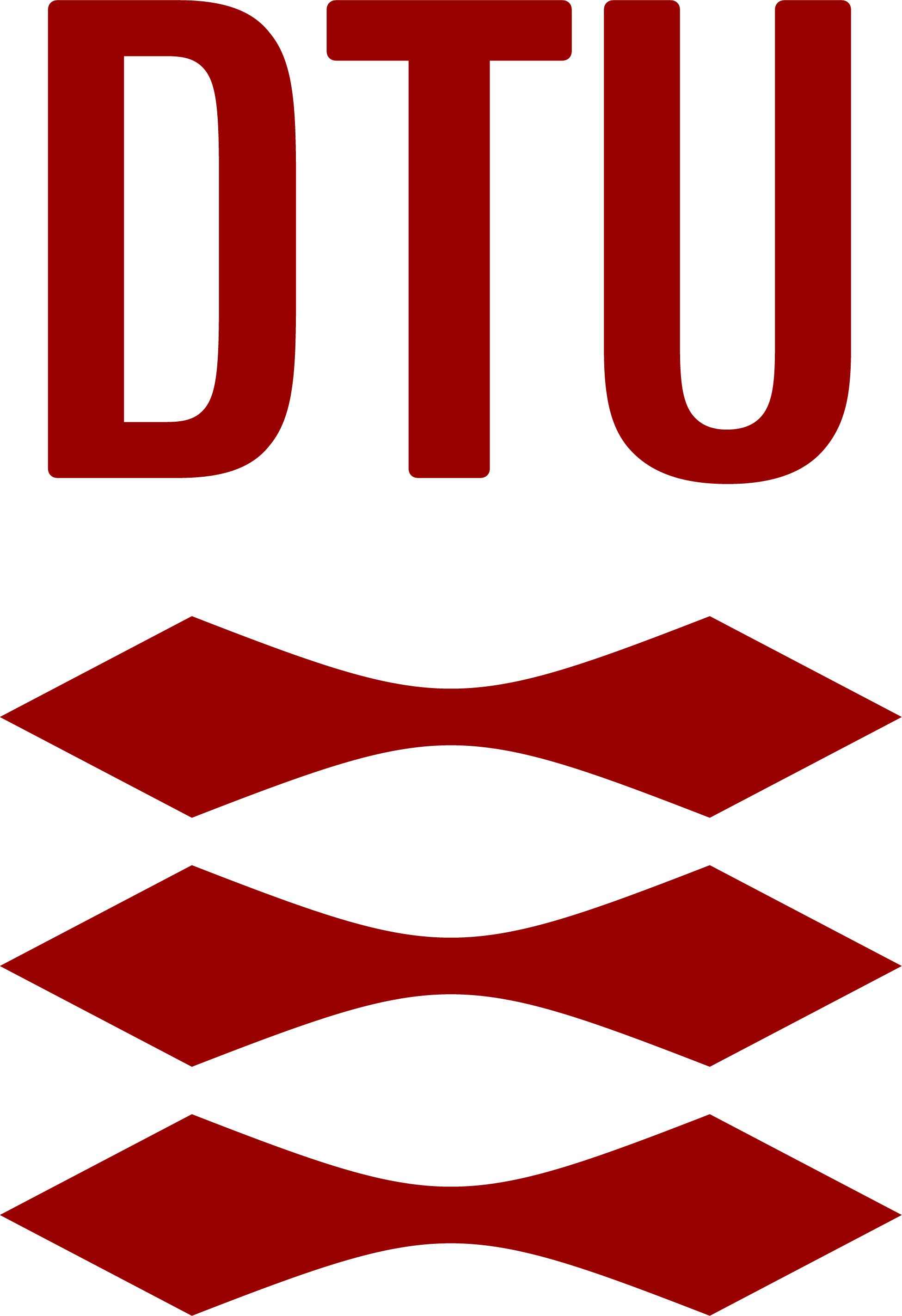General profile
DTU Physics contributes to research, development and international exploitation of sustainable energy technologies and strengthens economic development in Denmark.
Research profile
Fusion research at DTU Physics focuses on the areas:
- Turbulence and transport: Plasma turbulence has an essential impact on the confinement of plasmas in magnetic fields. Theoretical models are developed and tested on powerful computers. The results are compared with results obtained by using other models and with experiments.
- Fast ion dynamics measured by collective Thomson scattering (CTS): Magnetically confined fusion plasmas contain highly non-thermal populations of fast ions resulting from fusion reactions and plasma heating. The considerable free energy associated with these fast ions must be channelled into heating the bulk plasma, but can also drive waves and turbulence, reducing plasma confinement. We develop and exploit collective Thomson scattering for investigating the dynamics of fast ions in fusion plasmas. Currently we are developing and exploiting CTS diagnostics together with European collaborators for the tokamak ASDEX Upgrade in Germany.
- A CTS diagnostic system for ITER is currently being designed under a contract with F4E.
- Material research: The impact of neutron radiation on various alloys, to be used in ITER and other future fusion power stations, is under investigation. The work is conducted in close collaboration with other European and international research groups.

